Yang Jinghua Assistant Researcher at the Taiwan Institute of the Chinese Academy of Social Sciences
html On the 24th, the "nine-in-one" and "referendum" elections held in Taiwan were complicated in procedures, and the results were basically settled in the early morning of the 25th. According to statistics from Taiwan's election authorities, among the 22 county mayors, the Kuomintang won 15 seats, the Democratic Progressive Party won 6 seats, and those without party membership won 1 seat (there are still election litigation issues).Among the 10 "referendum" proposals, the "Tokyo Olympics Name Referendum" initiated by "Taiwan Independence" failed because the 4.763 million yes votes were lower than the 5.775 million no votes and did not exceed 1/4 of the number of people with voting rights. .

Tsai Ing-wen
The so-called "Referendum on the Name of the Tokyo Olympics" is an adjustment by a small number of "Taiwan independence" forces on the island to use the amendments to the "Referendum Law" to significantly lower the three major thresholds of proposal, co-signing, and passing. The proposal will include Taiwan's participation in the Tokyo Olympics. The team's name was changed from "Chinese Taipei" to "Taiwan". In this regard, the International Olympic Committee (IOC) has made it clear that it will not consider any changes to its existing name, and has sent a letter to remind the Chinese Taipei Olympic Committee that any violation of the "1981 Lausanne Agreement" may cause it to face Penalty for membership cancellation.
For this reason, the Chinese Taipei Olympic Committee has also clearly called on the Taiwanese people to vote against the "Eastern Olympics name referendum". The "Olympic model" is a principle followed by the international sports organization and sports people on both sides of the Taiwan Strait. A small number of "Taiwan independence" forces, with the connivance of the DPP authorities, ignored the warnings of the International Olympic Committee and the rights of athletes to participate, and insisted on promoting the "referendum" , and was eventually "slapped in the face" by public opinion.

Chinese Taipei Olympic Committee Facebook page (screenshot)
The results of the "nine-in-one" election and the "Eastern Olympics name referendum" reflect several very important aspects of observation:
First, the "Taiwan independence" forces borrowed " It is difficult to achieve success by promoting the "Taiwan independence" line through a referendum.
In this "referendum", the "Taiwan independence" forces insisted on politicizing sports events at the expense of athletes' right to participate, and used "name rectification" to cover up the essential political calculation of "Taiwan independence". This did not achieve the expected purpose, but instead made it Standing on the opposite side of public opinion, public opinion has a strong resistance to the "Taiwan independence" operation that puts political interests above the interests of the people.
Second, economic and people's livelihood issues are the main focus of the election campaign and "referendum".
From the reversal of the "blue-green political landscape" and the results of the "referendum", it is not difficult to see that public opinion is most concerned about issues such as "air pollution", energy policy, and economic depression, rather than the issue of "unification and independence."
The "Eastern Olympics name referendum" to a certain extent cooperated with the Tsai administration to play the "unification and independence" card, so that the election returned to the "blue-green showdown" campaign strategy, and the outcome of both defeats also shows that the Tsai administration failed to capture the Taiwanese people There is a strong desire to get out of the dilemma of "low wages, high unemployment, and high housing prices".

Third, Tsai’s administration is facing a route dilemma.
Since taking office, Tsai Ing-wen has refused to recognize the " 1992 Consensus " and insisted on promoting the "flexible Taiwan independence" route, developing the " New Southbound Policy ", accelerating the "far mainland" process, and countering the mainland's promotion of cross-strait economy The policy of social integration distorts the goodwill of the mainland. This election shows that the Tsai administration is led by ideology, and its excessive political considerations have been seriously questioned and even protested.
Tsai will face the dilemma of choosing a path. She may either stick to the original policy line or even increase it, or she may transform the policy and recognize the "1992 Consensus" to promote peaceful development across the Taiwan Strait. How it will be adjusted is yet to be seen, but judging from the current situation, insisting on "Taiwan independence" will be further and further away from public opinion. (Editor: Tang Hua)


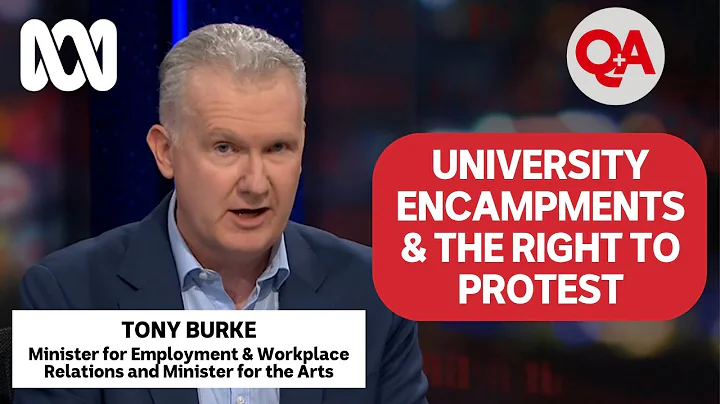





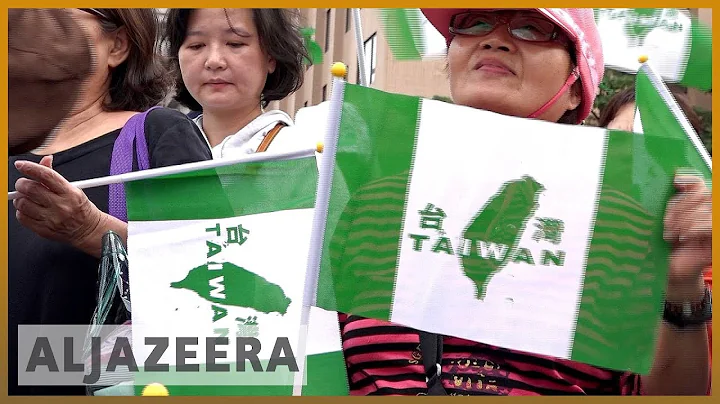
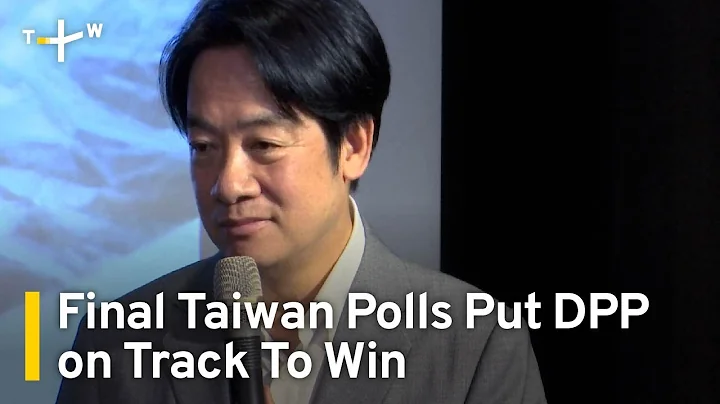
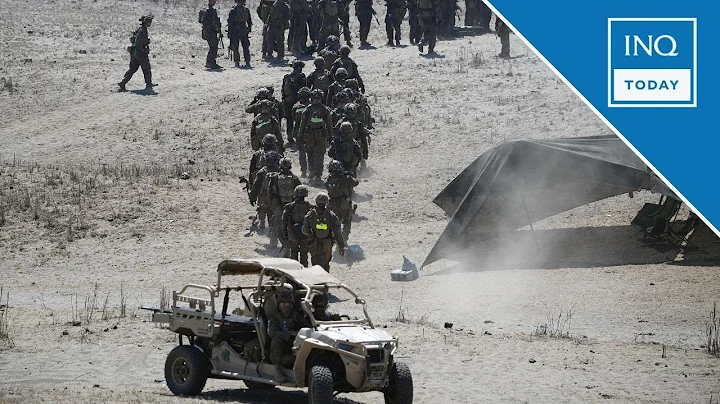


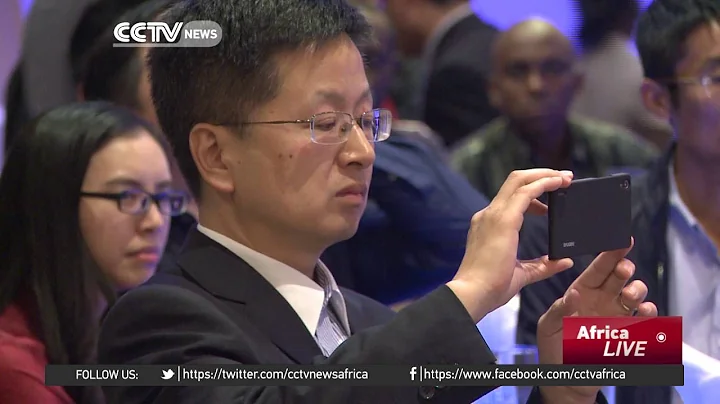


![[4K] Zhenghua Secondary School | Super 24 2023 Secondary Category Finals Singapore - DayDayNews](https://i.ytimg.com/vi/kXO98HzNDmc/hq720.jpg?sqp=-oaymwEcCNAFEJQDSFXyq4qpAw4IARUAAIhCGAFwAcABBg==&rs=AOn4CLC7G5-ycPlFrSgqrjT_rbIaSGYF-g)




